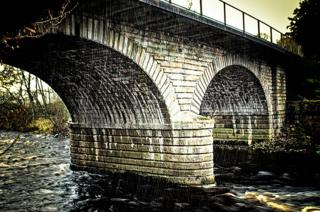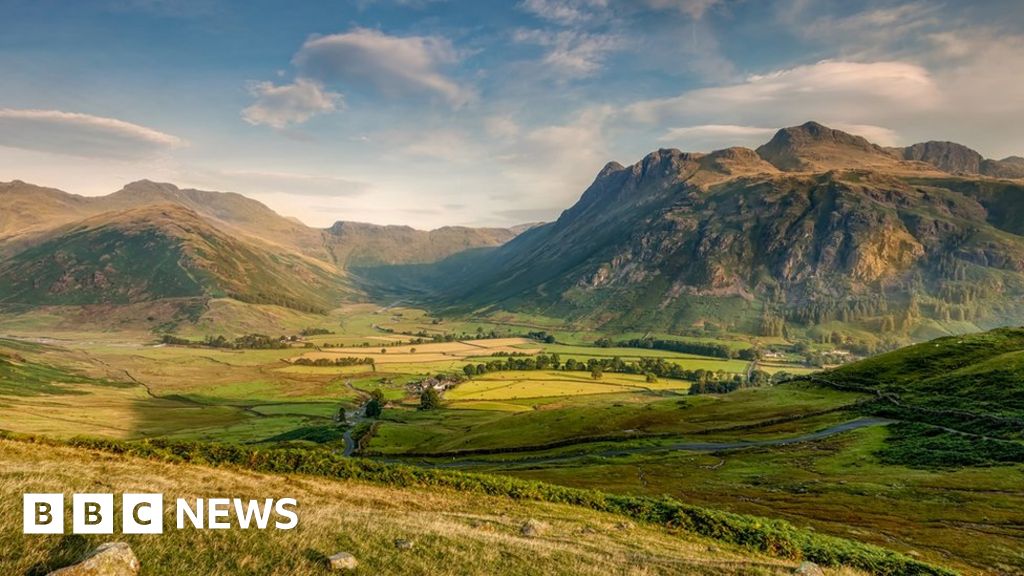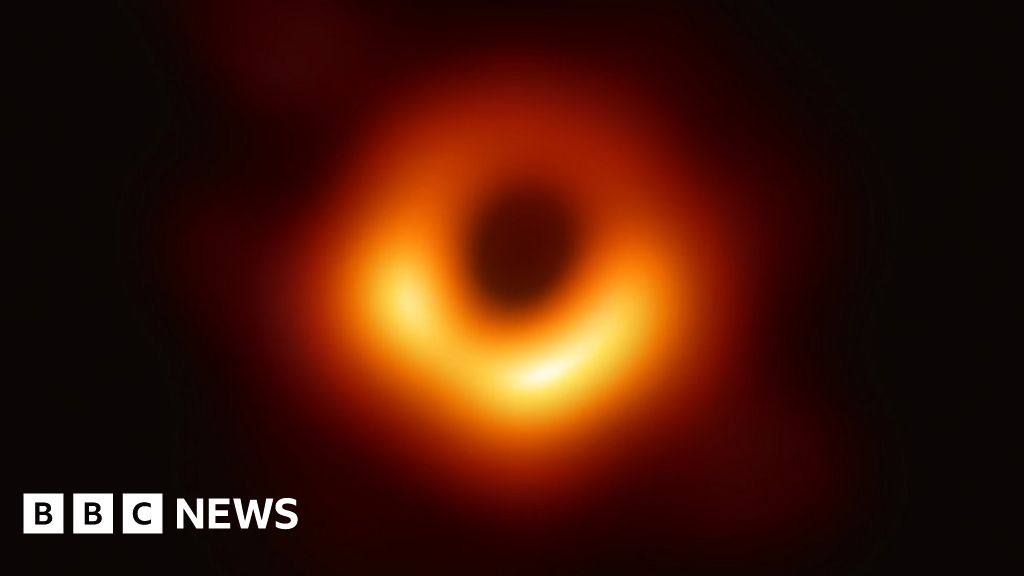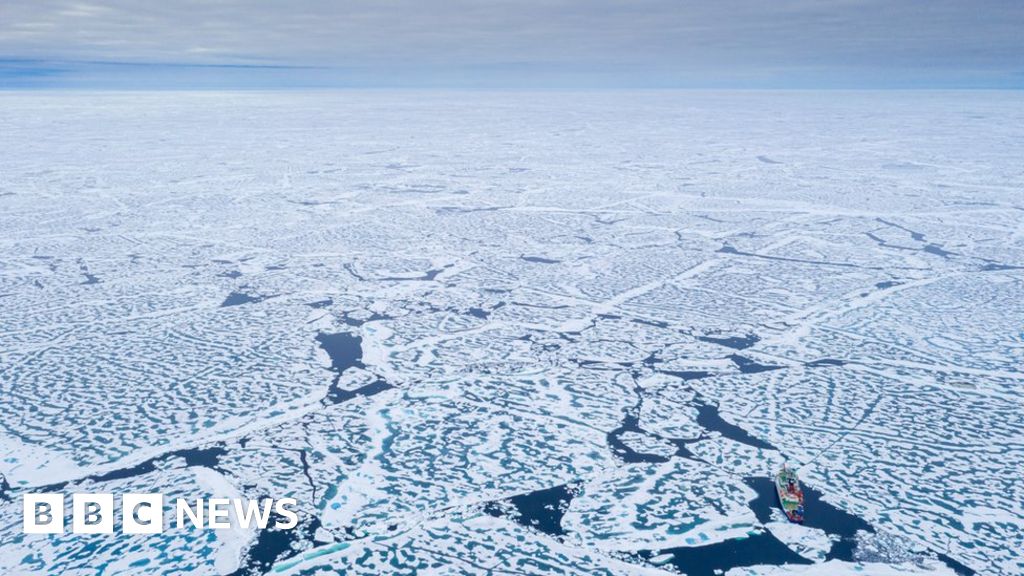 Image copyright
Getty Images
Image copyright
Getty Images
All of the rivers, lakes and streams in England are polluted, says the Environment Agency.
The figures reveal a complete lack of progress towards the target of 100% healthy waters by 2027.
The most problematic pollutants are chemical sewage discharge, farming, and industrial chemicals.
In 2016, when figures were last published, 16% of waters were classed as good.
In fact, water quality hasn't deteriorated since then - but it hasn't improved as promised.
The figures appear to have got worse because stricter tests brought in by the EU have shown up levels of long-banned pollutants such as PCB in the tissues of living organisms.
The Environment Agency said rivers were in a much better state than in the 1990s when water treatment works often discharged foul water into rivers.
But its chief, Emma Howard Boyd, said: "Water quality has plateaued since 2016. She admitted: "It isn't good enough."
She said the new figures showed just 14% of rivers are rated good for wildlife and plants.
The Environment Minister Rebecca Pow said the data showed urgent action was needed to reduce sewage discharge and address pollution from agriculture and chemicals.
She said the data was "not comfortable reading" and continued: "We are absolutely committed to achieving the water quality ambitions to improve at least three-quarters of our waters to be as close to their natural state as soon as possible."
Dr Janina Gray, from Salmon and Trout Conservation, said English river quality was among the worst.
She blamed a lack of political will, lack of investment and dramatic cuts to Environment Agency monitoring for the "depressing" picture.
Water UK, which represents water companies, said farmers were mostly to blame.
The farmers' union NFU said farmers had greatly reduced the amount of chemicals they used, but recognise that more needs to be done.
NFU Deputy President Stuart Roberts said: "Farmers have made great strides in reducing key agricultural emissions over recent decades. Central to these efforts is a major reduction in the amount of fertiliser applied to farmland and held in the soil, which means far less nutrients are reaching our rivers than in the past.
"However, farmers recognise more needs to be done and will continue to do all they can to protect our water environment."
Follow Roger on Twitter @rharrabin

 5 years ago
1256
5 years ago
1256 

